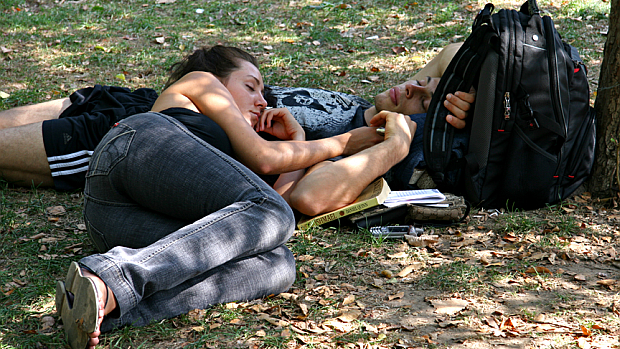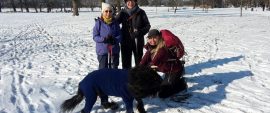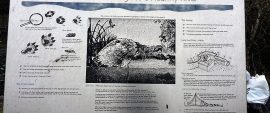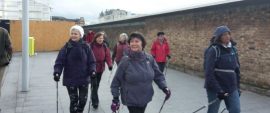Are you getting enough sleep?
You know lack of sleep can make you grumpy and foggy.
Research shows that sleep deprivation can also have some unexpected effect on your health.
Did you know that sleep disorders and chronic sleep loss increases risk for:
- Heart disease
- Heart attack
- Heart failure
- Irregular heartbeat
- High blood pressure
- Stroke
- Diabetes
More recent research has now also shown that not sleeping enough has a big influence in the hormones that are regulating our weight!
Have a hard time falling asleep? Try these three tips
Exercise
You will sleep more deeply if you exercise regularly. You don’t have to be a star athlete to reap the benefits—as little as 20 to 30 minutes of daily activity helps. Try Nordic Walking, a bicycle ride, or even gardening or housework.
Some people prefer to schedule exercise in the morning or early afternoon as exercising too late in the day can stimulate the body, raising its temperature. Even if you prefer not to exercise vigorously at night, don’t feel glued to the couch, though. Relaxing exercises such as yoga or gentle stretching can help promote sleep.
A glass of hot milk before bed.
It may sound like an old wives’ tale but taking a hot milky drink can encourage drowsiness because milk contains sleep-enhancing properties.This is thanks to its calcium content, which sleep experts claim can help you relax. It is also rich in tryptophan, which the body converts into serotonin – a natural hormone in the body that can make you sleepy.
And when you are in bed, try this easy relaxation technique:
- Lie on your back, close your eyes.
- Feel your feet. Sense their weight. Consciously relax them and sink into the bed. Start with your toes and progress to your ankles.
- Feel your knees. Sense their weight. Consciously relax them and feel them sink into the bed.
- Feel your upper legs and thighs. Feel their weight. Consciously relax them and feel them sink into the bed.
- Feel your abdomen and chest. Sense your breathing. Consciously will them to relax. Deepen your breathing slightly and feel your abdomen and chest sink into the bed.
- Feel your buttocks. Sense their weight. Consciously relax them and feel them sink into the bed.
- Feel your hands. Sense their weight. Consciously relax them and feel them sink into the bed.
- Feel your upper arms. Sense their weight. Consciously relax them and feel them sink into the bed.
- Feel your shoulders. Sense their weight. Consciously relax them and feel them sink into the bed.
- Feel your neck. Sense its weight. Consciously relax it and feel it sink into the bed.
- Feel your head and skull. Sense its weight. Consciously relax it and feel it sink into the bed.
- Feel your mouth and jaw. Consciously relax them. Pay particular attention to your jaw muscles and unclench them if you need to. Feel your mouth and jaw relax and sink into the bed.
- Feel your eyes. Sense if there is tension in your eyes. Sense if you are forcibly closing your eyelids. Consciously relax your eyelids and feel the tension slide off the eyes.
- Feel your face and cheeks. Consciously relax them and feel the tension slide off into the bed.
- Mentally scan your body. If you find any place that is still tense, then consciously relax that place and let it sink into the bed













